Depression is a common illness worldwide, sometime mis-understood as a usual mood fluctuations and short-lived emotional responses to challenges in everyday life. However, sadness and grief are normal human emotions. We all have those feelings from time to time but they usually go away within a few days, but instead Depression is both a brain disorder and a state of mind. Depression is a common mental disorder arouse due to excessive desire for sense gratification or identifying oneself independent of the Absolute characterized by sadness, loss of interest, pleasure, feeling of guilt or low self-esteem, disturb sleep, poor appetite, low energy and poor concentration. It is a common mood disorder, contributes to significant psychological and physical distress, physical disability and higher mortality, when long-lasting and with moderate or severe intensity, depression may become a serious health condition. It can cause serious deficiency of will, emotions, consciousness and immunity availing viruses and bacterial infection to flourish and at its worst, can lead to suicide.
Simply saying, depression occurs when a person is diagnosed with condition that’s classified as a mood disorder and can bring about long-lasting symptoms such as overwhelming sadness, low energy, loss of appetite, and a lack of interest in things that used to bring pleasure. Sadness is a part of being human, a natural reaction to painful circumstances. All of us will experience sadness at some point in our lives. Depression, however, is an illness with many more symptoms than an unhappy mood. Depression is an illness that affects our mind and brain. It is our reaction to something sad, loss of someone, or dejection. When these feelings aggravate and become intense, it leads to a medical condition called clinical depression.
Depression not only prevents from enjoying life like it could be, it also takes a heavy toll on death. Untreated depression poses serious risks for people including illness, diabetes, heart related disorders, alcohol, drug abuse and even suicide. International studies, suggest uniform prevalence of mood disorders across the world. Life time risk for major depression ranges from 2-25% with most authorities agreeing to a range of 10-15%. It is about 10% in men and 20% in women. There is almost three hundred million people suffering from severe type of depression globally with increscent of 18% per annum and 1 in every 3 people have some types or other depression symptoms seen once or more in their lifetime. By 2020, the World Health Organization (WHO) expects Depression to be the second frequent cause of morbidity world over.
We are not unaware to the fact how depression is fast becoming a common lifestyle problem with many of us suffering from symptoms like anxiety, stress and insomnia. These may seem like mere day to day problems, but they can turn into a matter of concern in the long run. The fear of stigma and lack of support for people with mental disorders have known to be the biggest reasons for not being able to get the right treatment. There may not be a sure shot clinical or medicinal cure for depression, but there is a medication to slow it down and calm your perturbed self, and the good news is that healing the cause of anxiety and depression is not a painful process of endurance and strain; it is a joyful discovery of our true, abiding nature.
Illnesses of the mind-brain affect tens of millions of people globally despite of geography, socio-economic status and physical health conditions. Depression is by far the most prevalent, representing 99% of all mental illness. (Schizophrenia and major psychotic illness represent the remaining 1%). The umbrella of depression encompasses Major Depressive Disorder and its related mood disorders including bipolar disorder, postpartum depression, post-traumatic stress syndrome, anxiety disorder and suicide.
Although there are known, effective treatments for mental disorders, between 76% and 85% of people in low- and middle-income countries receive no treatment for their disorder. Barriers to effective care include a lack of resources, lack of trained health-care providers and social stigma associated with mental disorders. Another barrier to effective care is inaccurate assessment. In countries of all income levels, people who are depressed are often not correctly diagnosed, and others who do not have the disorder are too often misdiagnosed and prescribed antidepressants.
The burden of depression and other mental health conditions is on the rise globally. A World Health Assembly resolution passed in May 2013 has called for a comprehensive, coordinated response to mental disorders at the country level.
Depression is a very real and treatable illness. But myths, misunderstandings, and stigma continue to be barriers to treatment for many, and the consequences of untreated depression can be life-threatening. Understanding the facts about depression, on the other hand, can save lives. Prolonged or chronic depression can have a devastating impact on our emotional and physical health. Untreated, it may put our life at risk. Mental Health America reports that 70 percent of those who have died by suicide have depression or bipolar disorder. Other complications of depression can lead to different critical disorders like alcohol or drug use disorder, headaches and other chronic aches and pains, phobias, panic disorders, and anxiety attacks, trouble with school or work, family and relationship problems, social isolation, excess weight or obesity due to eating disorders, raising the risk for heart disease and type 2 diabetes, self-mutilation etc.
Unfortunately, we alone can’t just snap ourselves out of depression. If we recognize ourselves with some telltale signs, including, persistent feelings of sadness or an “empty” mood, feeling irritable and restless, feeling anxious, hopeless, or helpless, loss of interested in actives you once enjoyed, low energy or feelings of fatigue, trouble with concentration, memory, and decision-making, changes in appetite, weight, and sleep patterns, or physical symptoms (such as headaches, digestive issues, body aches, and pain) that don’t subside with treatment, then we should seek help from a professional.
We are not weak or crazy. Depression is a real illness that researchers believe is caused mainly due to overwhelming sadness, stress, dissatisfaction, anger, greed and so on due to excessive desire of sense gratification resulting imbalances in certain chemicals within our brain called neurotransmitters. Some experts are even starting to frame depression as a systemic disease. The neurotransmitters like Norepinephrine, What makes our heart rate and blood pressure sore during a “fight or flight” response or stressful time, Serotonin: The “feel-good” chemical that helps regulate our mood and plays a role in our overall sense of well-being and Dopamine: Which helps regulate emotion, memory, thinking, motivation, and reward play an important role in regulating your mood as well as being involved in many other functions throughout our body:
Sometimes people become depressed for what seems like a “good” reason—maybe they lost their job or a close friend passed away—but with clinical depression, there doesn’t necessarily have to be a reason for how you feel. The chemicals in the brain that are responsible for mood control may be out of balance causing us to feel bad even though everything in our life is going well. And on other cases a person can be on depression for no reason.
Depending on the number and severity of symptoms, a depressive episode can be categorized as mild, moderate or severe. A key distinction is also made between depression in people who have or do not have a history of manic episodes. Both types of depression can be chronic (i.e. over an extended period) with relapses, especially if they go untreated.
Postpartum depression: As much as 80 percent of new mothers experience the “baby blues” and symptoms include mood swings, sadness, and fatigue. These feelings usually pass within a week or two. It’s caused by hormonal changes following childbirth, lack of sleep, and the pressures of taking care of a new baby. When these symptoms persist longer than a couple weeks and severity escalate, it may be a sign of a major depressive disorder with peripartum onset, also known as postpartum depression.
Its alarming if symptoms like feelings of sadness or emptiness don’t go away within a couple of weeks, including extreme irritability over seemingly minor things, anxiety and restlessness, trouble with anger management, loss of interest in activities, fixation on the past or on things that have gone wrong and thoughts of death or suicide along with Physical symptoms like insomnia or oversleeping, debilitating fatigue, increased or decreased appetite, weight gain or loss, difficulty concentrating or making decisions, unexplained aches and pains are observed.
Recurrent depressive disorder: This disorder involves repeated depressive episodes. During these episodes, the person experiences depressed mood, loss of interest and enjoyment, and reduced energy leading to diminished activity for at least two weeks. Many people with depression also suffer from anxiety symptoms, disturbed sleep and appetite, and may have feelings of guilt or low self-worth, poor concentration and even symptoms that cannot be explained by a medical diagnosis.
Bipolar affective disorder: This type of depression typically consists of both manic and depressive episodes separated by periods of normal mood. Manic episodes involve elevated or irritable mood, over-activity, pressure of speech, inflated self-esteem and a decreased need for sleep.
On both recurrent depressive disorder and bipolar affective disorder we can observe the symptoms like feeling worthless and guilty on a daily basis, decrease of concentration and indecisiveness takes over, all the hobbies and activities we enjoyed previously now don’t seem appealing at all, start think on death and contemplate suicide, feel unstable and fidgety or incredibly dull and slow, there will be a significant change in our weight, either gain it or lose it whereas in children and adolescents, depression may also cause low self-esteem and guilt, poor concentration, and frequent absence from school and in older adults unexplained memory loss, sleep problems, or withdrawal could be signs of depression.
Depending on the number and severity of symptoms, a depressive episode can be categorized as mild, moderate or severe. An individual with a mild depressive episode will have some difficulty in continuing with ordinary work and social activities but will probably not cease to function completely. During a severe depressive episode, it is unlikely that the sufferer will be able to continue with social, work or domestic activities, except to a limited extent.
As it’s a matter of fact that excessive desires for the material gain, which is in itself temporary in nature lead us to stress and frustration. When we get emotionally attached to something over a period, and it doesn’t exist anymore, it leaves a gap, and depression takes over to cope with the loss. Genetics, fluctuation in the hormone levels, some medical conditions, post-surgery reaction, and high stress levels also cause depression. It is a common yet severe problem that needs to be tackled before it gets out of hand. Some Common Causes of Depression can be genetical issue, like having a parent and grandparent with depression increases the risk of depression. The rates of depression are also higher among those who have a history of substance use. Other factors linked to depression include brain chemistry imbalances, hormones, seasonal changes, stress and trauma like loss of a loved one, trauma and abuse, chronic stress, and big life changes (such as a divorce or losing a job) can trigger depression. Researchers blame this on the high levels of the hormone cortisol that are secreted during these stressful, traumatic times. Cortisol affects the neurotransmitter serotonin and can trigger depression.
Depression results from a complex interaction of social, psychological and biological factors. People who have gone through adverse life events (unemployment, bereavement, psychological trauma) are more likely to develop depression. Depression can, in turn, lead to more stress and dysfunction and worsen the affected person’s life situation and depression itself. There are interrelationships between depression and physical health. For example, cardiovascular disease can lead to depression and vice versa.
There’s no single cause of depression. Brain chemistry, hormones, and genetics may all play a role. Other risk factors for depression may also include low self-esteem, anxiety disorder, borderline personality disorder, post-traumatic stress disorder, physical or sexual abuse, certain prescription medications etc.
Diagnosis and treatment: Clinical depression is treatable, there are effective treatments for all three stages, mild, moderate and severe depression. It can be treated under the supervision of professionals by applying treatments such as proper diet plan, meditation and yoga, search for the ultimate truth, behavioral activation, applying herbal treatment with specific yoga posture, cognitive behavioral therapy (CBT) and interpersonal psychotherapy (IPT), or antidepressant medication such as selective serotonin reuptake inhibitors (SSRIs) and tricyclic antidepressants (TCAs).
There are two stages to cope with any type/stage of depression, preventive treatment method and clinical treatment method. Proper diet plan, meditation and yoga, search for the ultimate truth etc. comes under preventive measures whereas applying herbal treatment with specific yoga posture, CBT, IPT, SSRIs, TCAs, ECT etc. comes under clinical treatment methods and behavioral activation comes in both preventive method and clinical treatment. Preventive treatment methods are applied to not to get the depression as well as to deal with three stages during clinical treatments also.
Proper diet plan with untampered seeds, food with originality on its core of DNA (universal intelligence), clean food free from all types of meek, terror, stress, bloodshed and depression, or devoid of any types of fast foods keeps our physical as well as mental health fine.
Search of ultimate truth: Ignorance is the cause of suffering. Everyone in the universe is after the happiness but burrowed themselves in the dusk of ignorance far from the ultimate truth, the light of knowledge is facing the sadness and are in distress. So, walking in the path reveled by Vedic scriptures in the attainment of pure devotion on the Divine Lotus feet of the absolute beauty, can refrain any individual from getting into depression or dig out the suffering soul from the clutches of mental illness.
Stress management: Stress can be a cause of depression and it can also make the symptoms of our depression feel more intense. Either way, it’s beneficial to keep stress under control. Long-term habits like good nutrition, regular exercise, proper sleep, and meditation can help build our resilience to stress. Incorporating a few stress management techniques into our day is also helpful; the key is finding the ones that works for us. Joining a support group or talking to a professional can also give us ideas to better manage stress.
Herbal Medicine and yoga: Asvagandha (Withaniasomnifera) with warm water, Jatamasi (Nardostachvs) with hot milk, Kapikacchu (Mucuna Pruriens) with warm water, juice abstract of Brahmi (Bacopa monnieri), Mandukkaparni (Centella asiatica) etc. under the guidance of herbal medicine expert is recommended.
Yogic postures like Padmasana, Savasana, Suryanamask!ra, Bhujangasana, Paschimottanasana, Sarvangasana, Pranayama techniques (Kapalabhati, Bhastrika, Surya anuloma viloma) and Mantra Meditation are highly beneficial in Depression; however, should be performed only under the guidance of professionals or qualified tutors. Always keep in mind that sequence of Sukshma vyayama (loosening exercise), Asana, Pranayama, Deep relaxation technique and Meditation should be followed while doing yoga.
Different psychological treatment formats for consideration include individual and/or group face-to-face psychological treatments delivered by professionals and supervised lay therapists. Psychosocial treatments are also effective for mild depression. Antidepressants can be an effective form of treatment for moderate-severe depression but are not the first line of treatment for cases of mild depression. They should not be used for treating depression in children and are not the first line of treatment in adolescents, among whom they should be used with extra caution.
The American Psychiatric Association suggests that a combination of both antidepressants and psychological counseling is, on average, more effective. But, each treatment on their own have roughly the same effectiveness. Accessing these two treatments, however, isn’t always possible for individuals due to a number of factors such as cost and time.
For severe cases, electroconvulsive therapy (ECT) may be used. ECT is a procedure in which electrical currents are passed through the brain. According to the National Alliance on Mental Illness, ECT is used most often to treat depression and psychotic depression that hasn’t otherwise responded to medications.
WHO response
Depression is one of the priority conditions covered by WHO’s mental health Gap Action Program (mhGAP). The Program aims to help countries increase services for people with mental, neurological and substance use disorders through care provided by health workers who are not specialists in mental health. WHO has developed brief psychological intervention manuals for depression that may be delivered by lay workers. An example is Problem Management Plus, which describes the use of behavioral activation, relaxation training, problem solving treatment and strengthening social support. Moreover, the manual Group Interpersonal Therapy (IPT) for Depression describes group treatment of depression. Finally, Thinking Healthy covers the use of cognitive-behavioral therapy for perinatal depression.
Hare Krishna
Disclaimer:
As a service to our readers, Origin of Science provides access to our (Jagannath Foundations) publications or archived content. Please note the date of last review or update on all articles. No content on this site, regardless of date and authority should ever be used as a substitute for direct medical advice from your doctor or other qualified clinician.
Views: 6

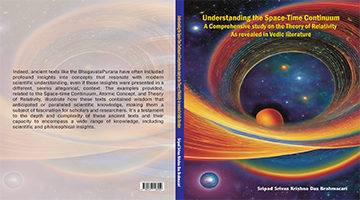
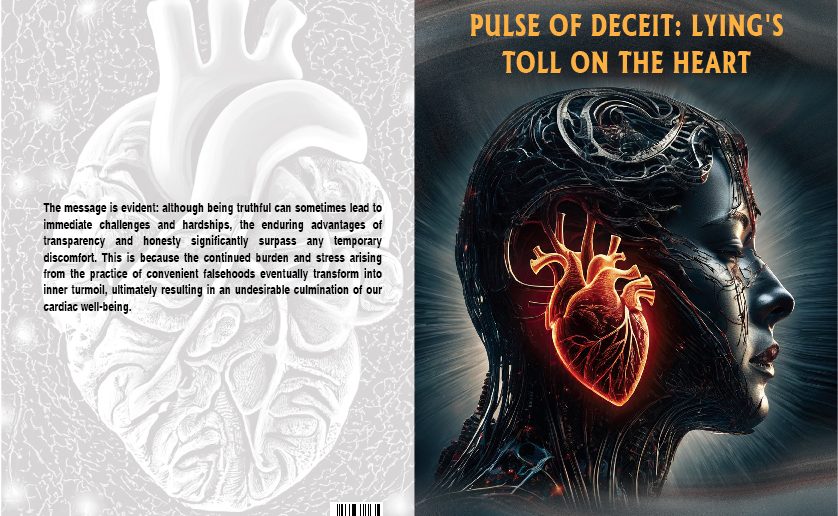
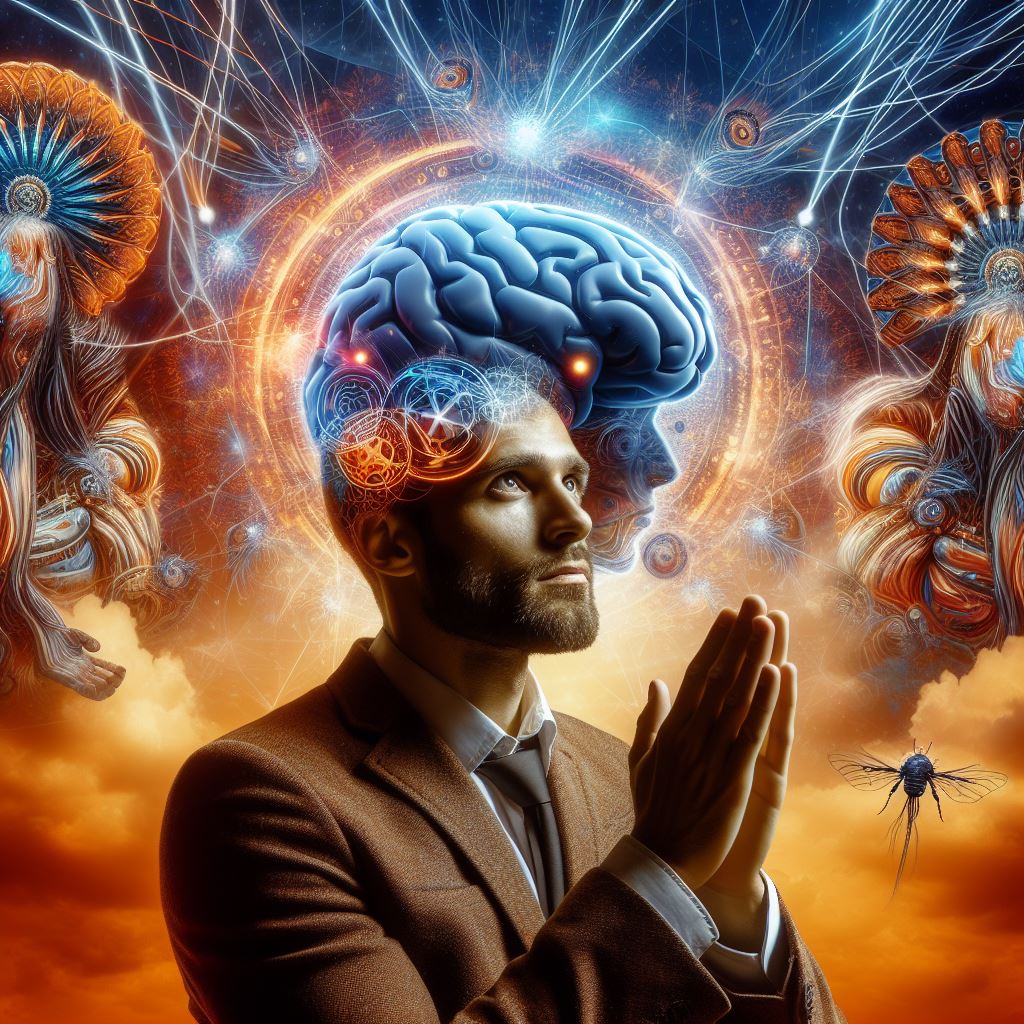
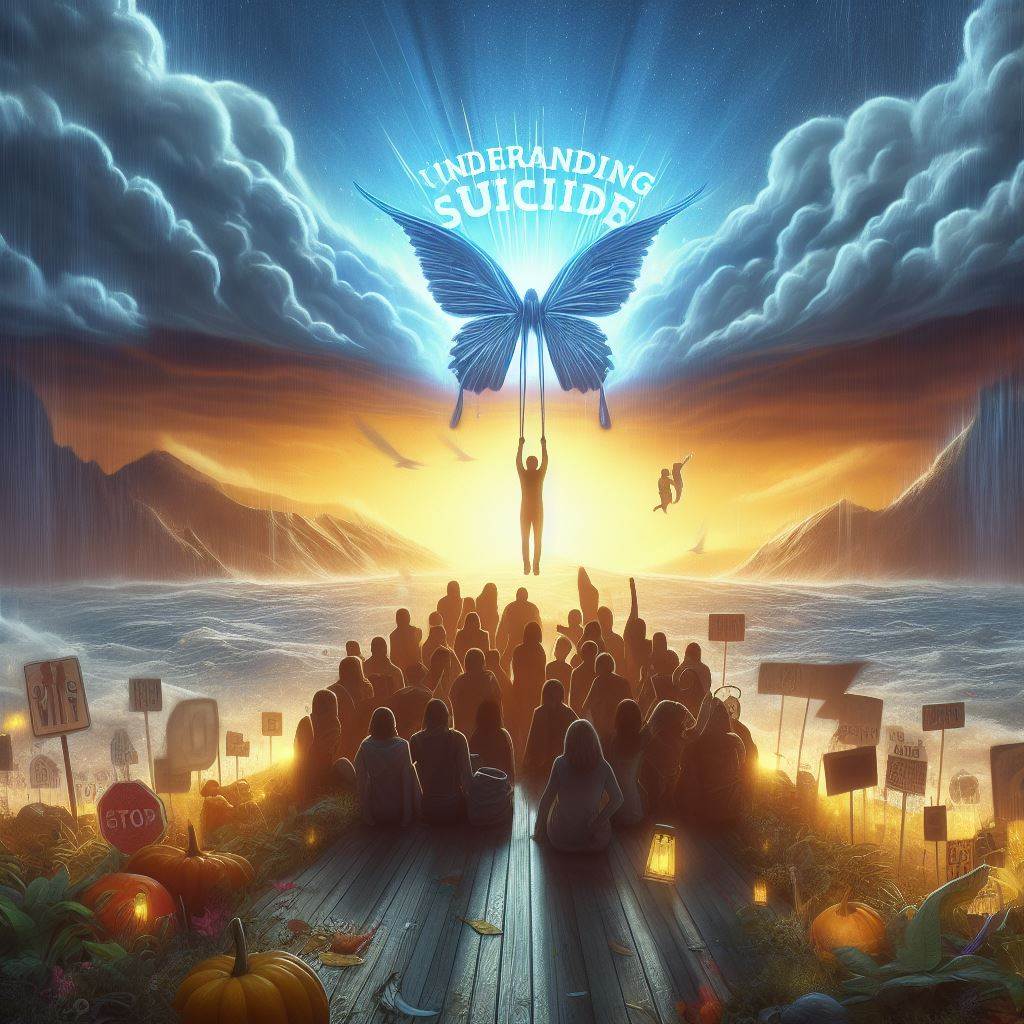








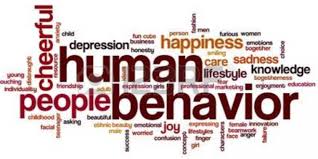
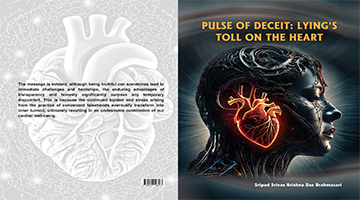

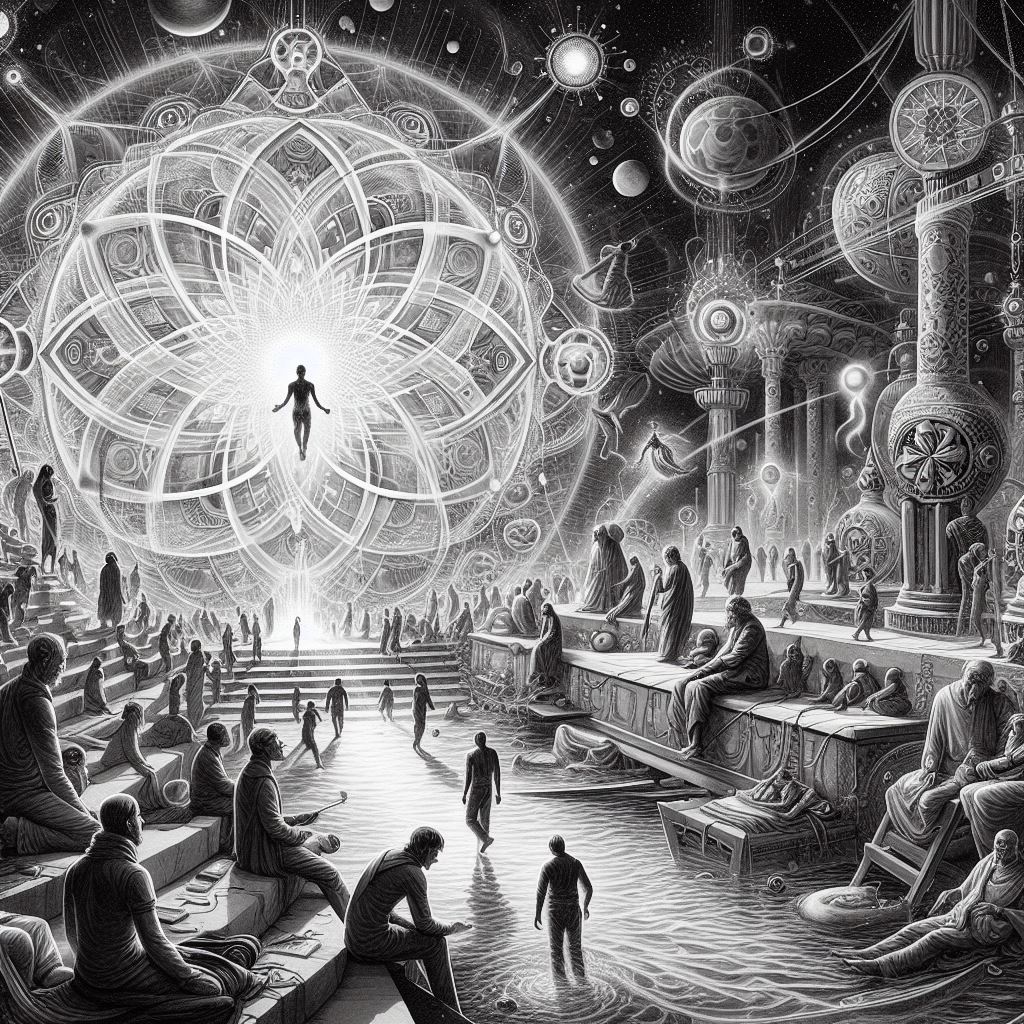
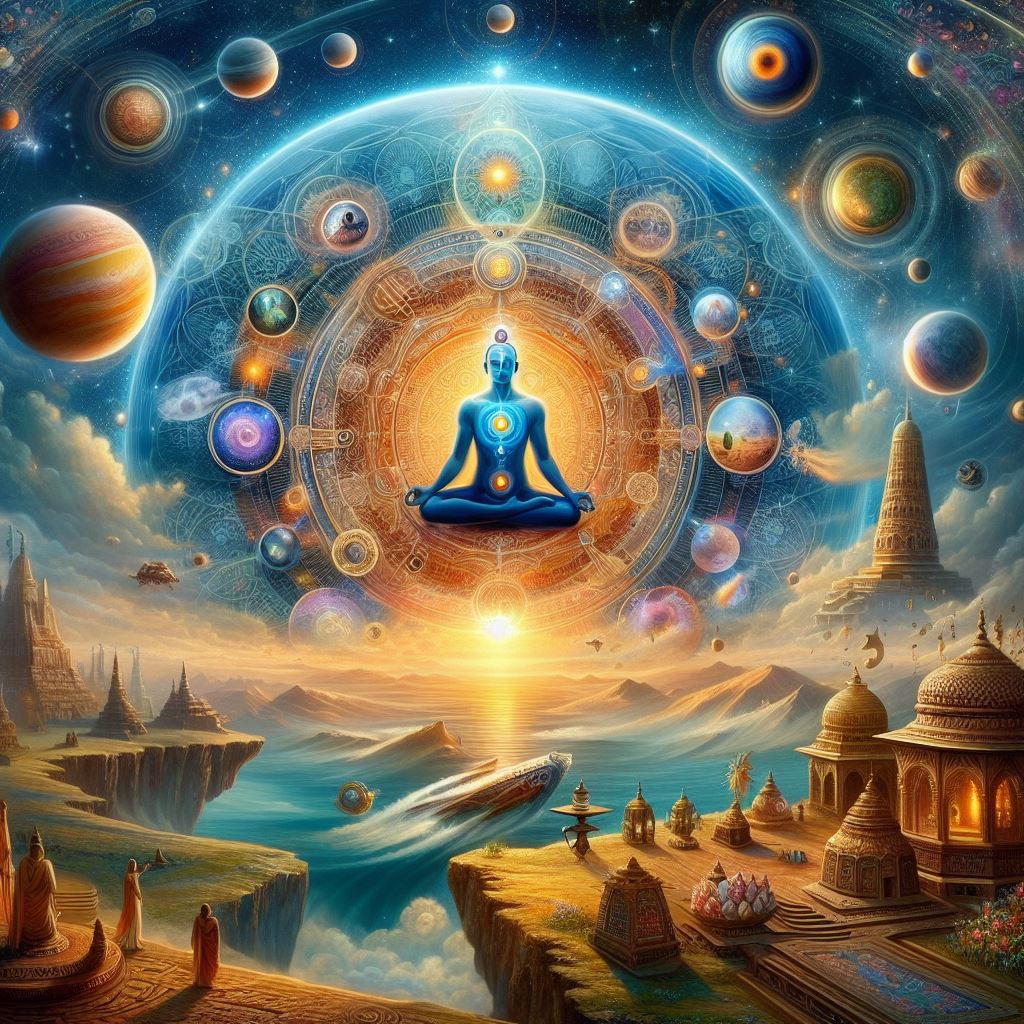





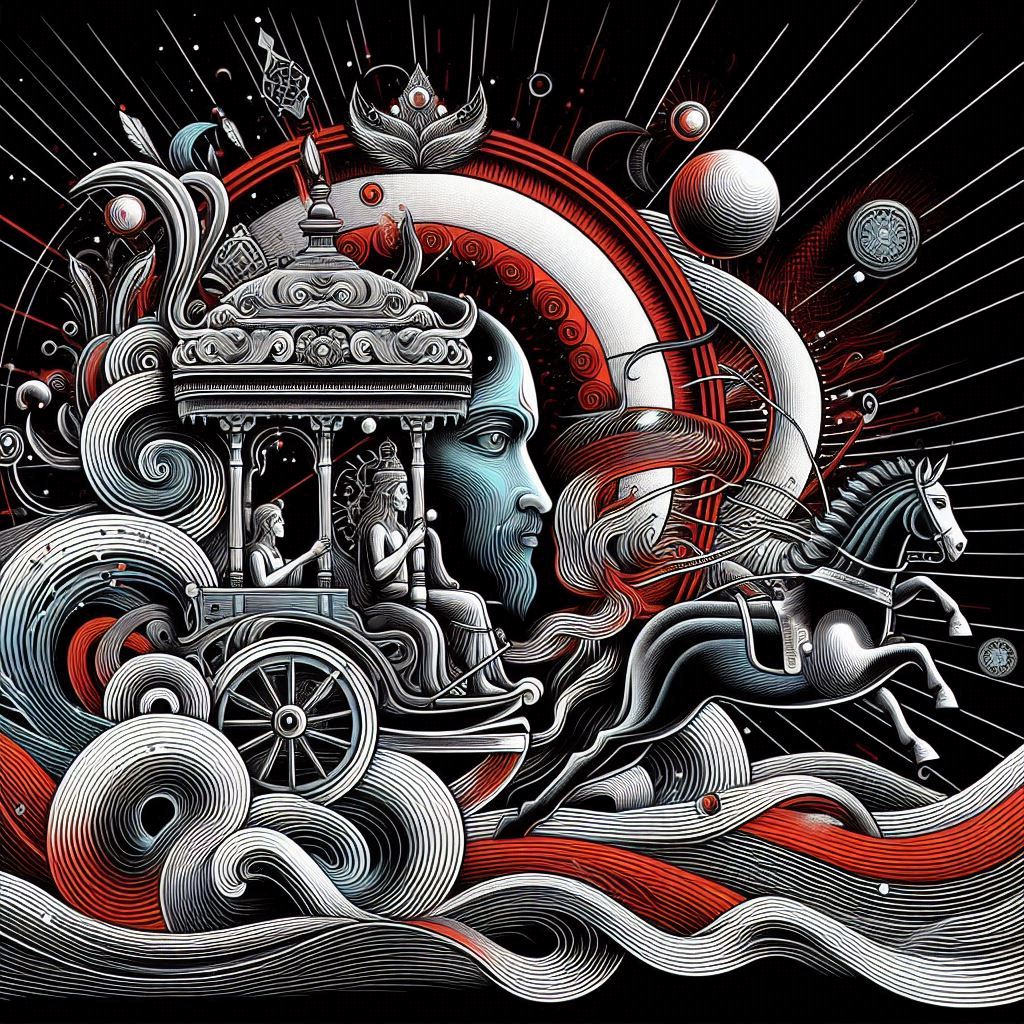





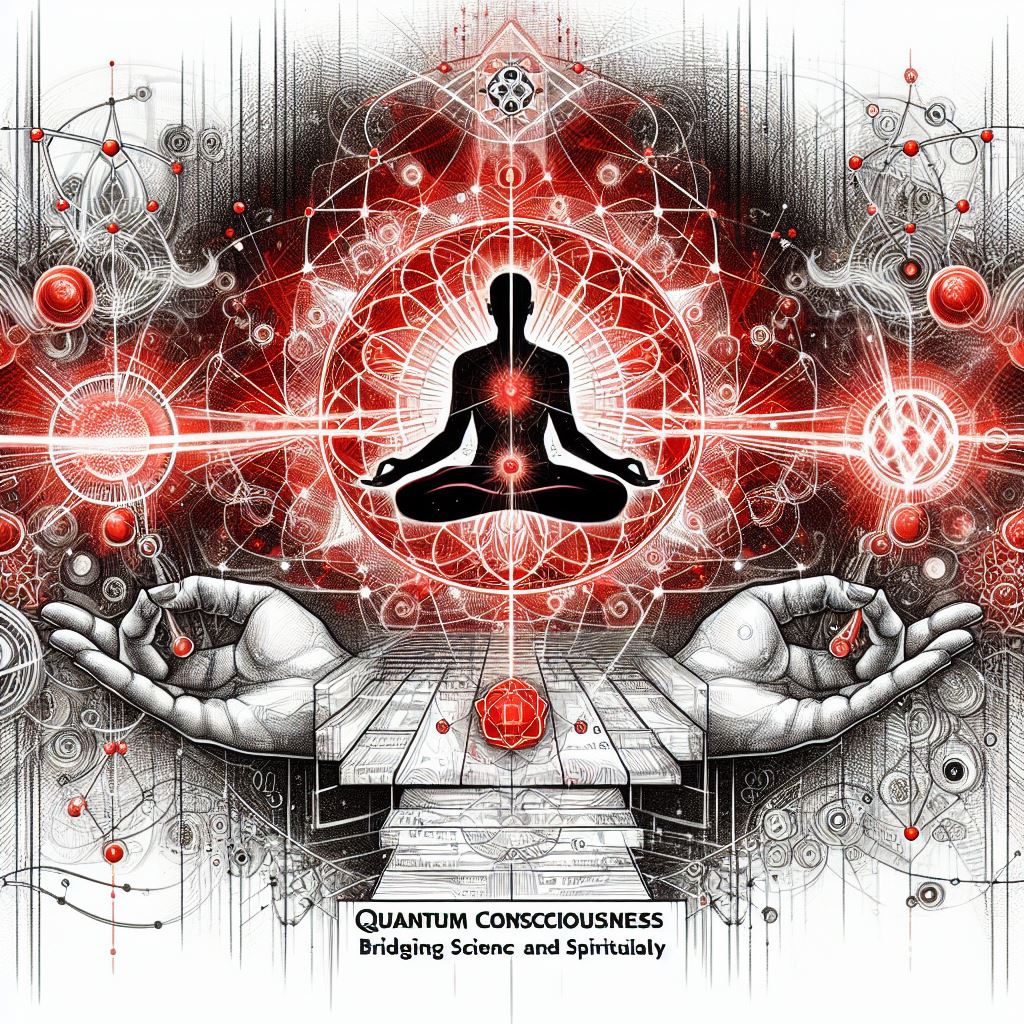
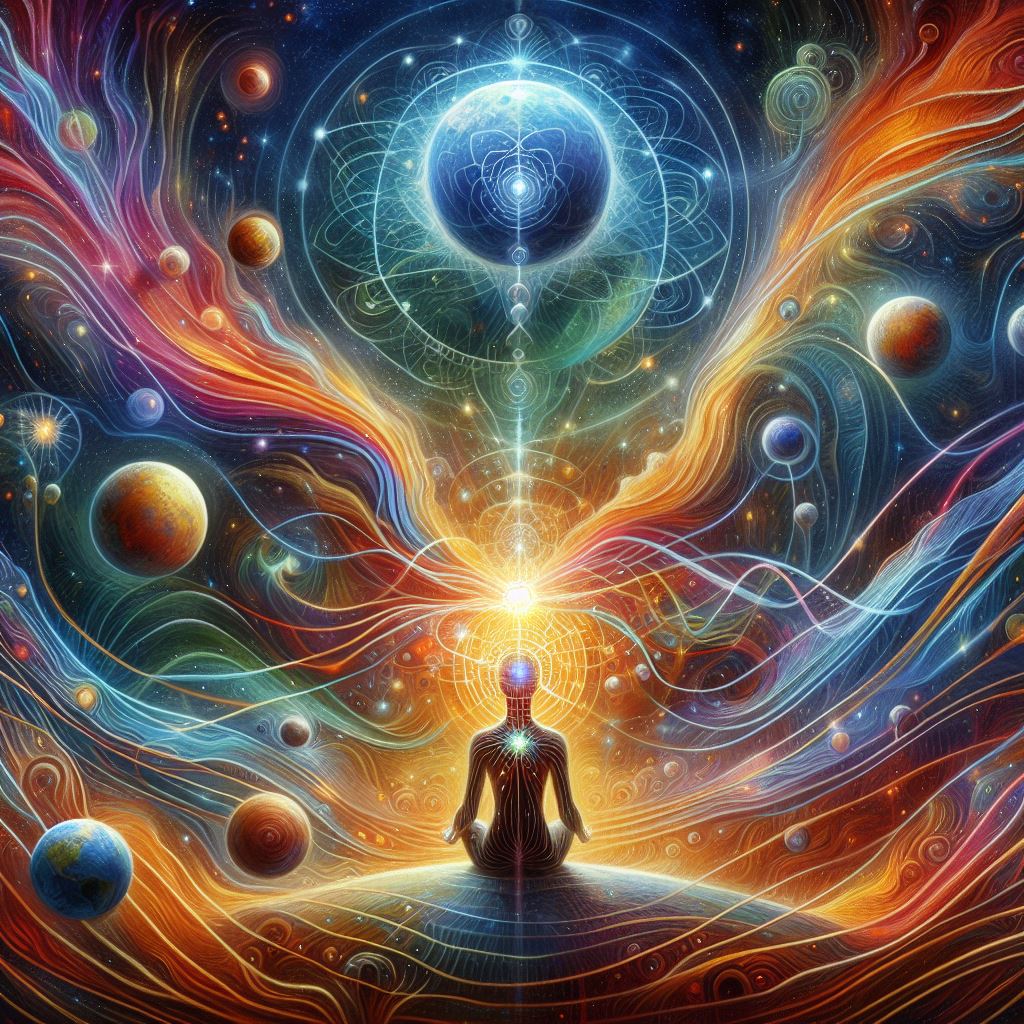

Origin of Science
The Existence of the Soul: Exploring Neuroscience, Quantum Physics and Vedic Philosophy
Temporal Relativity in Vedic Literature: An Interdisciplinary Analysis of Time Dilation Narratives
Acharya Kaṇāda: The Ancient Sage Who Discovered the Atom
Evidence of Vedic Sanātana Hinduism as a Global Dharma
Perception of Quantum Gravity and Field Theory in the Vedas
String Theory as Mentioned in Veda
Sanskrit’s Role in Advancing AI: A Comprehensive Study
The Vedic Model of the Mind: A Contemporary Exploration
Vedic Contributions to Geometry: Unveiling the Origins of Mathematics
Matter and Consciousness in Achintya Bhedābheda: Bridging with Quantum Physics
A Comprehensive Study of Aeroplanes and Aviation in Vedic Literature
Hydrology and the Water Cycle in Vedic Scriptures